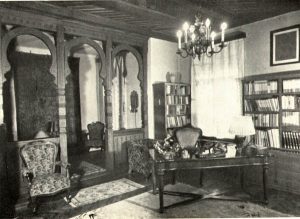Mission statement
The mission of the Andrija Štampar School of Public Health is to develop and promote high quality professionals, methods and standards in the field of public health aiming at the higher level of population health. This has been achieved by both scientific, research and professional activities of the School and by undergraduate and postgraduate education, and continuing professional development programs.
The Andrija Štampar School of Public Health also supports both scientifically and professionally the planning, development and evaluation of public health programs and policies in governmental and nongovernmental sectors. International cooperation stands at the root of the School’s activities since its establishment.
Timeline
Andrija Štampar was born in the village Drenovac (commune Brod). His father Ambroz Štampar, son of a carpenter from Lika, was a school-master in Drenovac, and Andrija was born in the building of the village school where they lived.
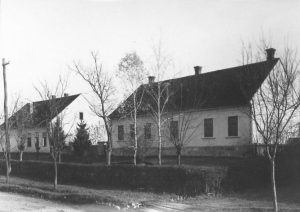
Andrija Štampar enrolled in the Medical Study in Vienna.
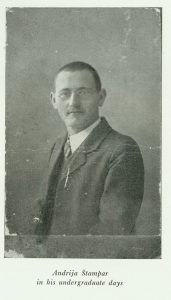
dr. Andrija Štampar started working as a resident at the town hospital at Karlovac.
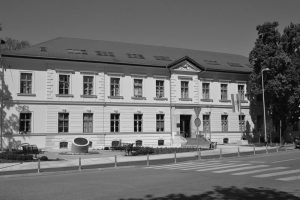
By a decree of the Župan (Prefect) of the Pozega District dr. Štampar was appointed district health officer at Nova Gradiska, and in the middle of August he took over his new duty.
By the decree of the National Assembly in Zagreb dr. Andrija Štampar was appointed Health Advisor to the Commission for Social Welfare in Croatia.
dr. Andrija Štampar is entrusted with the task of taking over the duty of the head of the former Yugoslav Health Service in Belgrade.
dr. Štampar was put on the retired list by the King’s decree.
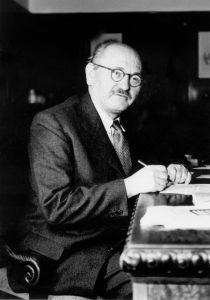
dr. Štampar was permanently employed as the expert of the Health Organization.
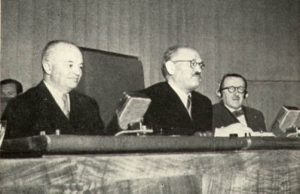
Dr. Štampar became an expert on health metters of the League of Nations and accepted the task to be put at the disposal of the Chinese Government in connection with the plan of technical cooperation with the League of Nations in the national reconstruction.
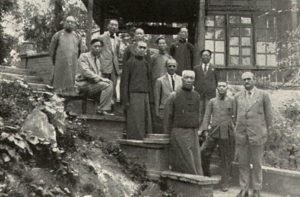
Eight years after dr. Štampar’s election as full professor of Hygiene and Social Medicine in Zagreb, the Government confirmed the decision of the professorial staff and Štampar finally became a professor of Zagreb University.
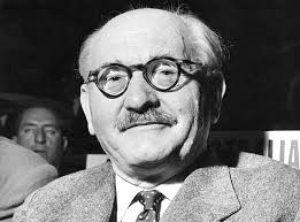
Prof. Štampar returned from Graz and resumed his duty as Professor of Hygiene and Social Medicine at the Medical School and became Director of the School of Public Health in Zagreb.
Prof. Štampar was the Rector of the Zagreb University. In the autumn of 1952, he was again elected the Dean of the Medical School, and contrary to the established usage, he was re-elected the Dean consecutively for 5 years.
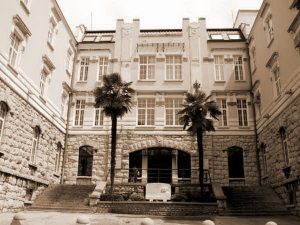
Prof. Štampar became a member of the Yugoslav Academy of Sciences and Arts (Section of Philosophy and Social Sciences). On April 4 of the same year, he was already President of this prominent scientific institution.
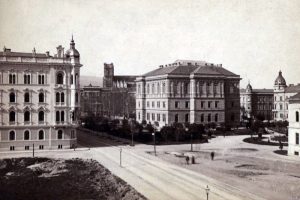
The First World Health Assembly was called. Prof. Štampar was unanimously elected President of the Assembly. In his later years, Štampar again travelled to distant countries.
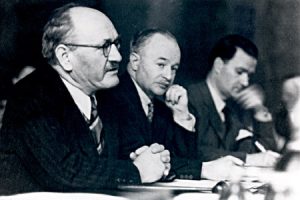
At the 8th regular session of WHO in Mexico City, professor Štampar was awarded the Leon Bernard Foundation Prize and Medal, the greatest international recognition of merit in the field of social medicine.
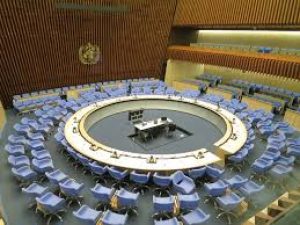
Prof. Andrija Štampar died in Zagreb, from cerebral apoplexy.
